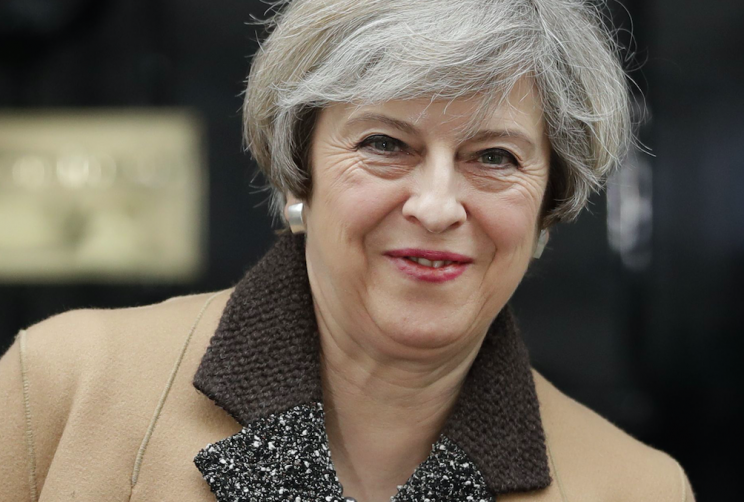Why Brexit doesn't necessarily mean Brexit

Theresa May will trigger Article 50 on Wednesday.
But once the prime minister has issued the formal notification of Britain’s intent to leave the European Union, is there any going back?
Like everything related to Brexit, it’s complicated.
MORE: ‘Human waste’ in cans forces shutdown at Coca-Cola plant
MORE: Trump’s healthcare bill could have saved him $2m a year, according to think tank
If you listen to the person who drew up Article 50 of the Lisbon Treaty, the answer is yes.
Scottish peer Lord Kerr of Kinlochard drew up the clause, and he believes it does not set a country’s path in stone, saying that the UK could shift its position even after the two-year negotiating period has begun.

‘It is not irrevocable,’ he said last year. ‘You can change your mind while the process is going on.
‘During that period, if a country were to decide actually we don’t want to leave after all, everybody would be very cross about it being a waste of time.
‘They might try to extract a political price but legally they couldn’t insist that you leave.’
But not everyone agrees with the man who made Article 50.
The Supreme Court said earlier this year that once Britain gives notice to leave Europe under Article 50 then ‘it cannot be withdrawn’.
Justice secretary Liz Truss has also maintained that once Article 50 is triggered, it is ‘irrevocable’.
So could Britain rejoin the EU after it has departed? Technically, there is nothing to stop this happening.

‘The UK would have to satisfy the criteria for joining the EU, although given its previous membership this is unlikely to be particularly problematic,’ said Fiona de Londras, professor of Global Legal Studies at the University of Birmingham.
‘In sum, these require a state to have a free market economy, a strong democracy, the rule of law, and a willingness to accept all EU laws for negotiations for accession to start.’
If it did want to rejoin, Britain would have to reapply, although Ms de Londras believes this process would be much speedier given the UK’s previous membership.

‘This is why people talk of the UK receiving a “fast track” back into the European Union, although the euro would probably be a real sticking point,’ she said.
However, if it did rejoin, the UK would have to swallow its pride and accept a less favourable deal.
‘It is very unlikely that the UK would be able to secure the same terms it currently has, including the large number of opt-outs it enjoys in relation to EU law and policy,’ said Ms de Londras.
‘Usually when a state joins the EU it must accept all EU legislation and is expected to adopt the euro.’

 Yahoo News
Yahoo News 


